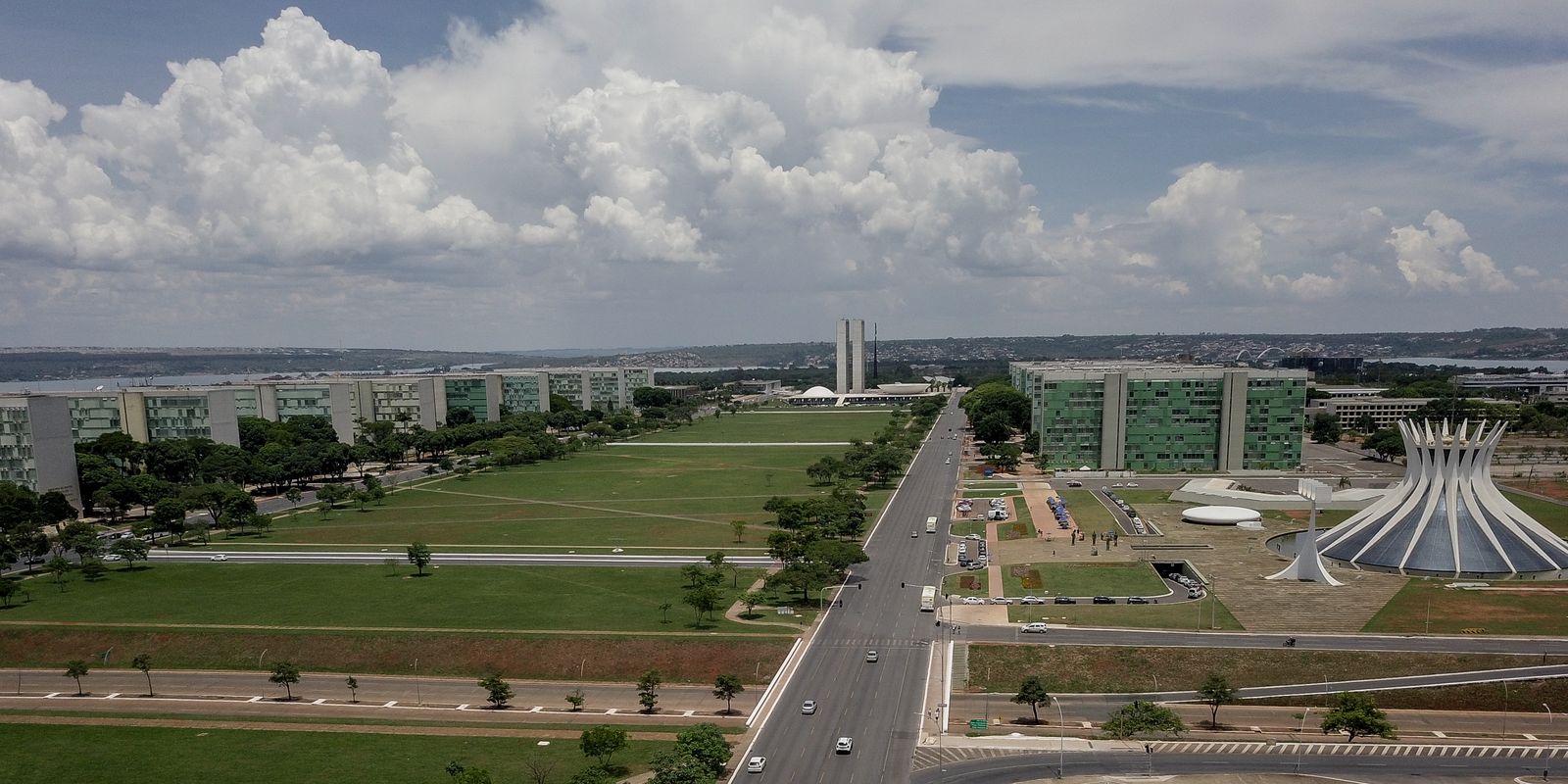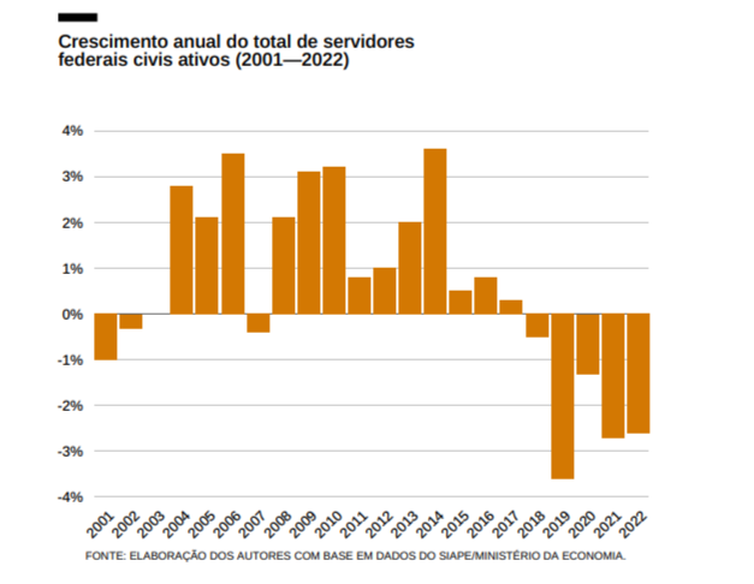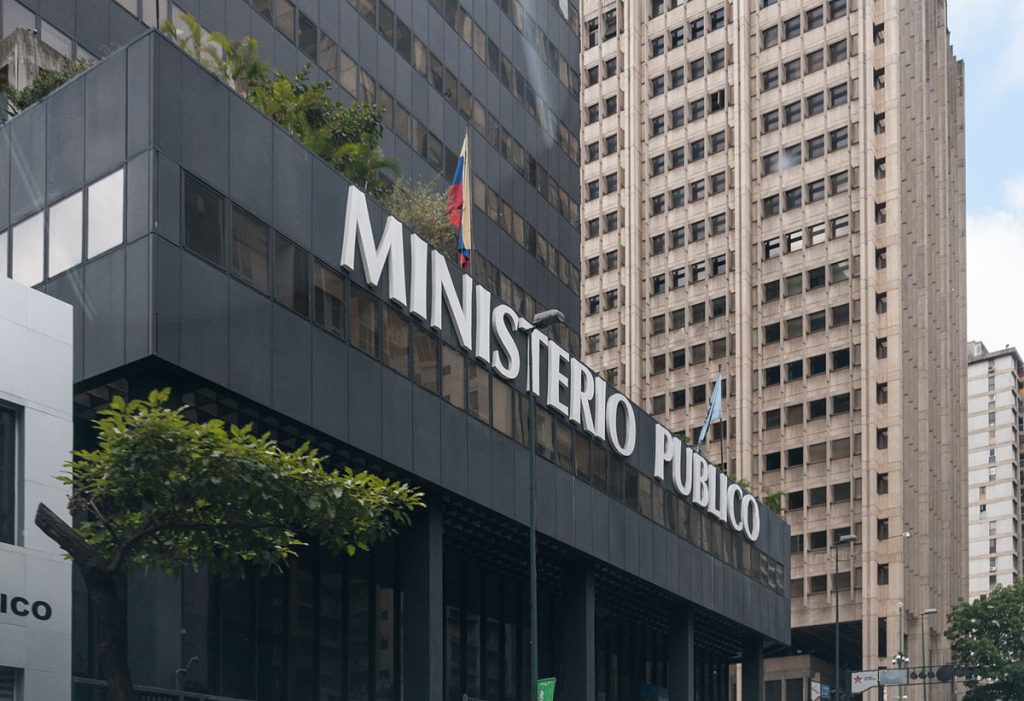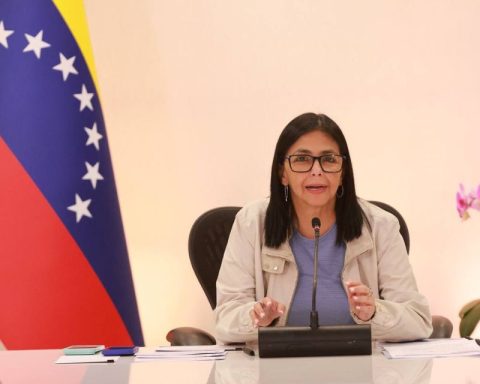The federal government intends to carry out a broad administrative reform, with the construction of new legislation that will replace the Decree-Law No. 200/1967. The decree was instituted during the civic-military dictatorship (1964-1985) and still today “provides for the organization of the federal administration.”
The purpose, according to the Ministry of Management and Innovation in Public Services (MGI), is to make the legislation compatible with the Federal Constitution.
To this end, the MGI and the Attorney General’s Office (AGU) created a commission made up of more than a dozen experts, including jurists, public servants, researchers and academics.
The group has until April 2025, twelve months after the installation of the commission, to prepare the proposal to revise the decree-law.
In addition to the order to change the decree, now 57 years old, the MGI published in August a concierge establishing guidelines for public service careers (MGI Ordinance No. 5,127). The standard establishes general principles and guidelines that public bodies must follow to present their proposals for restructuring positions, careers and plans.
“It is the first normative instrument since Law 8,112 of 1990”, emphasizes José Celso Cardoso Jr., Secretary of People Management at MGI, in reference to the Server Status.
In an interview with Brazil AgencyCardoso Jr. confirms that “the federal government is already carrying out administrative reform in practice.” According to him, the reform has been “in action” since 2023 and occurs “through a series of measures of an infra-constitutional and incremental nature that have already been adopted, to improve the structure and ways in which public administration operates.”
For the secretary, joint initiatives such as the unified national public competition and the sizing of the workforce, to quantify and define the most appropriate profiles of civil servants, and the new standards for improving the national people development policy “constitute a reform administration already underway.”
PEC 32
The implementation of the administrative reform was announced by the transition team of the current government in December 2022. In the assessment of experts, the ongoing reform is more comprehensive than the Constitutional Amendment Proposal (PEC) No. 32presented in September 2020 to the National Congress, and was approved by a special committee of the Chamber of Deputies, but was not put to a vote in the Plenary due to lack of support.
“Politically, it was something that didn’t make sense there”, says political scientist Leonardo Barreto, who has followed Parliament’s day-to-day activities for more than two decades.
Professor and researcher at the Institute of Political Science at the University of Brasília (UnB), Michelle Fernandez, points out that PEC 32 “was born obsolete” and “has a strictly fiscal objective, to reduce expenses. Therefore, it does not look at the actions of the State. The existence of a public servant is to serve society and implement public policies.”
“PEC 32 deals with public servants. It looks at a small slice of the functioning of the State”, says Sheila Tolentino, post-doctorate in Political Science, researcher at the Institute of Applied Economic Research (Ipea) and member of the committee of experts that discusses legislation to replace Decree-Law No. 200 According to her, the country needs to carry out administrative reform “looking at the service that is delivered to the population.”
Representatives of public servants heard by the Administration and Public Service Commission of the Chamber of Deputies at the end of last year warned parliamentarians that PEC 32 could affect the impersonality of hiring in public administration, outsourcing permanent careers in areas such as health, education and social assistance , and make it difficult to investigate cases of corruption that are currently investigated by civil servants with stability.
Public accounts
Business entities, such as the National Confederation of Commerce of Goods, Services and Tourism (CNC), argue that PEC 32 could generate savings and impact the reduction of public debt.
For sociologist Félix Garcia Lopes Jr., a researcher at Ipea, fiscal views of business sectors are based on incorrect premises, such as, for example, that there is an increase in public spending on civil servants.
“The trajectory over time shows that we never had excessive growth in the number of servers or swelling of the public machine. This is documented”, says the researcher, citing data from the Atlas of the Brazilian State (Ipea), study from Fundação Getúlio Vargas (FGV) and recent analysis of the Organization for Economic Co-operation and Development (OECD).
The data in these studies show that there are around 11 million public servants in Brazil, less than 13% of the number of workers in the country. A smaller proportion than the most developed countries that make up the OECD (20.8%).
Six out of every ten Brazilian employees work for city halls (6.5 million public employees). Three out of every ten employees are linked to state governments (3.4 million employees).
The largest contingent of municipal and state employees is made up of teachers, health professionals and public security personnel, three categories that provide direct service to the population.
The remainder of public servants, 1.2 million people, are linked to the Union, of which 570 thousand are active. At the federal level, the largest contingent is university professors. The highest salaries are concentrated in the Judiciary and Legislative Branch. In the last five years, the number of civil federal employees has decreased.
Competing views
Félix Garcia points to “a certain paradox” in the collective perceptions of Brazilian society. There are competing views such as that “the State may be too big, bloated, and that the bureaucracy is excessive” and at the same time that citizens “want more public services, more doctors, more teachers, they want more welfare policies .”
“In these episodes of crisis, as we saw in the pandemic, it becomes clear how central public bureaucracy is to tackling collective problems”, adds Michelle Fernandez, from the UnB Institute of Political Science. She remembers that private companies also demand a well-structured public administration.
“Bureaucracy is born associated with the need for economic rationality in the private sector, because it allows predictability.”
According to Sheila Tolentino, a researcher at Ipea, behind the measures being discussed by the government is not “a simple reduction in spending”.
“The cut, in itself, does not bring the necessary gains for the future. What do we need to build for the future? Capacity. This is what we need to build”, he summarizes.
Next Thursday (24), in Brasília, the commission of experts that discusses legislation to replace Decree-Law No. 200 meets to discuss innovation and control in public administration. The event can be followed in real time.
















